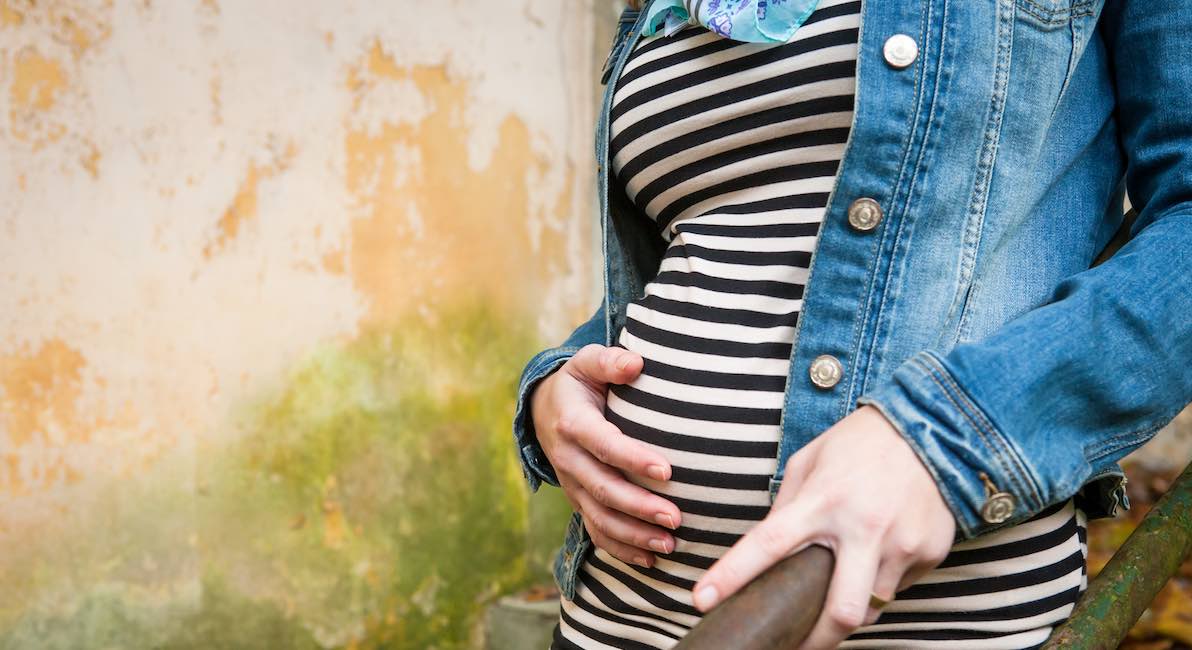A new study, Affective and Substance Abuse Disorders Following Abortion by Pregnancy Intention in the United States: A Longitudinal Cohort Study, found that women who aborted their babies during wanted pregnancies suffered higher rates of depression and other mental disorders than those who aborted willingly. The “abortions of wanted babies” category includes women who aborted due to a disability in the baby, as well as those who were coerced into abortions by partners or parents. In the study, 20% of aborting women were classified as having aborted a baby they wanted.
The study did not collect data on the reasons why women aborted their babies during wanted pregnancies. But extrapolating from other data, researchers estimated that at most, one fifth of the women who aborted wanted babies did so due to fetal anomaly. As many as four fifths of the total “wanted baby” abortions, then, were for other reasons. This leaves open the possibility that these women were coerced.
The 20% figure would mean that possibly two out of every ten women entering an abortion facility are aborting wanted babies. The authors applied their data to the number of abortions worldwide, to get a figure of 6,997,200 abortions of wanted preborn children every year, with up to four-fifths of this number being coerced.
READ: Bereaved siblings of aborted children speak out against abortion
According to the study, women who aborted wanted pregnancies suffered from mental disorders 1.43 times more often than women who aborted ‘unwanted’ pregnancies. However, the study shows increased risks to mental health after women aborted during unwanted pregnancies too.
For example, 25.8% of women who never aborted claimed to be depressed. For women who aborted their babies willingly, the number was 28.2%. For those aborting wanted babies, the number jumped to 37.5%. The study found that women who aborted during their unwanted pregnancies even “had a 94% higher risk of subsequent suicidal thoughts than women without a history of abortion. They were also 270% more likely to report subsequent alcohol abuse or dependence.” Women who aborted willingly were much more likely than women who did not abort to suffer from drug addiction (15.8% to 5.3% respectively). Rates of depression and other mental health issues, however, were highest among women who aborted during wanted pregnancies.
The study indicates that while any kind of abortion is bad for women, those who aborted a baby during a wanted pregnancy are worse. So why don’t abortion facilities screen women to see if they are being coerced?
Former abortion workers have said abortion facilities push abortion. Many post-abortive women have described being pressured into abortion by abortion “counselors” who were like salespeople. The more abortions an abortion facility can do, the more money they make. It is not in their best interest to turn women away for any reason.
Pro-lifers have proposed laws requiring abortionists to ask women if they are being coerced, and pro-abortion forces have opposed those laws. One law, passed in Wisconsin, says:
The physician shall make the determination by speaking to the woman in person, out of the presence of anyone other than a person working for or with the physician. If the physician has reason to suspect that the woman is in danger of being physically harmed by anyone who is coercing the woman to consent to an abortion against her will, the physician shall inform the woman of services for victims or individuals at risk of domestic abuse and provide her with private access to a telephone.(1)
READ: Betty had two abortions. Now, she reaches out to women to help spare them from regret.
As reasonable as this law sounds, pro-abortion people were against it. Pro-choice authors Robin Marty and Jessica Mason Pieklo wrote:
Other than taking the pregnant person outside the presence of others and asking if they are being coerced into terminating the pregnancy, the law gives zero guidance on how doctors are to make such a determination, let alone prove it later should it be challenged. Furthermore, doctors are already mandatory reporters, so should a patient present with evidence of assault or domestic violence, physician’s standard of care already dictates they make a reasonable inquiry into that suspicion.
Finally, any informed consent requirement in the context of abortion regulation must also consider the doctors constitutional speech rights as well…
So the question remains, was it reasonable for the state of Wisconsin to mandate an additional, nebulous procedure in the course of treatment of a person seeking an abortion and attach criminal penalties for failing to comply?(2)
None of the reasons Marty and Pieklo give for opposing the anti-coercion measure seem convincing. The law spells out exactly what the abortionist is supposed to do. It orders him/her to check for coercion by violence or threat of violence. If abortion facilities are already doing this, why oppose the law? To say that abortionists cannot protect abused women because it takes away their “free speech” is also a bad argument.
Pro-choicers claim to care about women’s health and rights, but they won’t protect women from coerced abortion, even though coerced abortion leads to higher rates of depression and mental trauma for women.
- Robin Marty and Jessica Mason Pieklo The End of Roe V Wade: Inside the Right’s Plan to Destroy Legal Abortion New York: ig Publishing, 2019, 2013) 55-56
- Ibid., 56
“Like” Live Action News on Facebook for more pro-life news and commentary!







